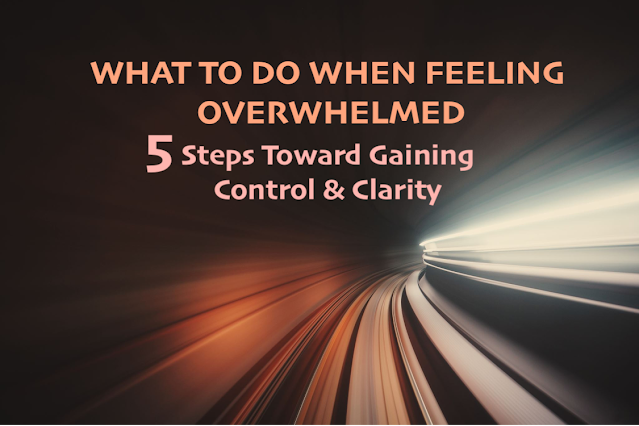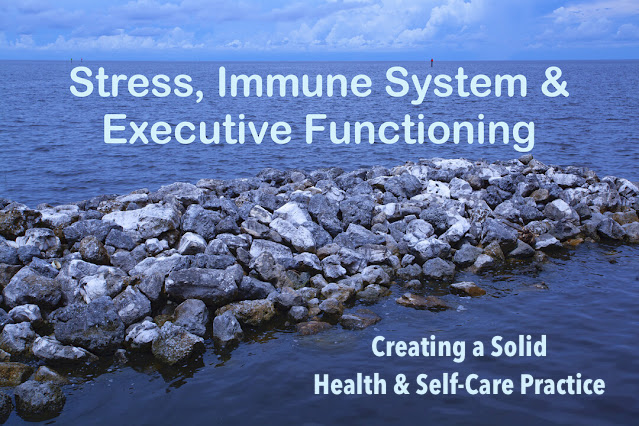KNOW THYSELF: CULTIVATING SELF AWARENESS
The ancient Greek inscription Know Thyself, carved at the entrance of Apollo’s temple, has inspired countless individuals throughout history to embark on an inward journey with the intended destination of self-understanding. Becoming more self-aware involves understanding your values, ethics, beliefs, and thought process. It requires knowing your personal preferences, likes and dislikes, and your strengths and weaknesses. Unfortunately, in modern times, few are taking even a few minutes per day to examine, connect, or reflect. "Busy-ness" has hijacked our souls, leaving us feeling empty, depleted, and directionless. Breathing has become shallow and our minds distracted; with the unfortunate consequence of our bodies taking the hit.
Many find themselves seeking therapy when fatigue, physical illness, stress, and/or an unfortunate life transition occurs.
What we call the personality is often a jumble of genuine traits and adopted coping styles that do not reflect our true self at all but the loss of it.
Many believe they need to be more and do more to feel better. While striving for perfection, they are missing the true destination of wholeness.
THE BENEFITS OF SELF-AWARENESS
- Improved relationships
- Clarity in thinking, problem solving, and decision making
- Better communication & conflict resolution skills
- Improved immune functioning
- Lower levels of stress
- Better mood
- Increased productivity
DEVELOP A MINDFULNESS PRACTICE
Mindfulness, the act of paying attention to the present moment with a non-judgmental attitude, has a plethora of therapeutic benefits. In our busy worlds, where multi-tasking has become synonymous with efficiency and productivity, we find ourselves buried under the pressures of a never ending To Do list and time constraints that create a dysregulated and unbalanced life. A chronic sense of urgency is one of the leading factors to stress, high blood pressure, and heart disease. It also keeps us from being still long enough to ponder life changing, insight-oriented questions.
The Question to Ask:
Am I living Mindfully or Mindlessly?
Periodically, throughout the day, pausing and conducting a mini check-in is advised.
Take a moment and ask questions such as:
- Do I feel connected to this present activity?
- Is what I'm doing right now energizing me or depleting me of my energy?
- Is there something better I can be doing with my time right now?
- How am I feeling right now?
- What am I paying attention to at this moment?
- Does this thought or action support the life I am creating? Does it support my life goals?
DEVELOP A JOURNALING PRACTICE
ReferencesIn the Realm of Hungry Ghosts: Close Encounters with Addiction , North American BooksStephen R. Covey, A. Roger Merrill, Rebecca R. Merrill (1995). “First Things First”, Simon and Schuster
Practices including meditation, visualization, journaling, intention setting, & gratitude shift the body’s energy toward health & healing; toward balance. These practices provide a powerful time-in. If you enjoyed this article and would like to read more on these topics, then let's connect.
Facebook: Marie Therese Rogers
Life In FocusAtlantic Behavioral Health Professionals
LinkedIn: Marie T. Rogers, Ph.D.
Instagram: mariethereserogers













Comments
Post a Comment